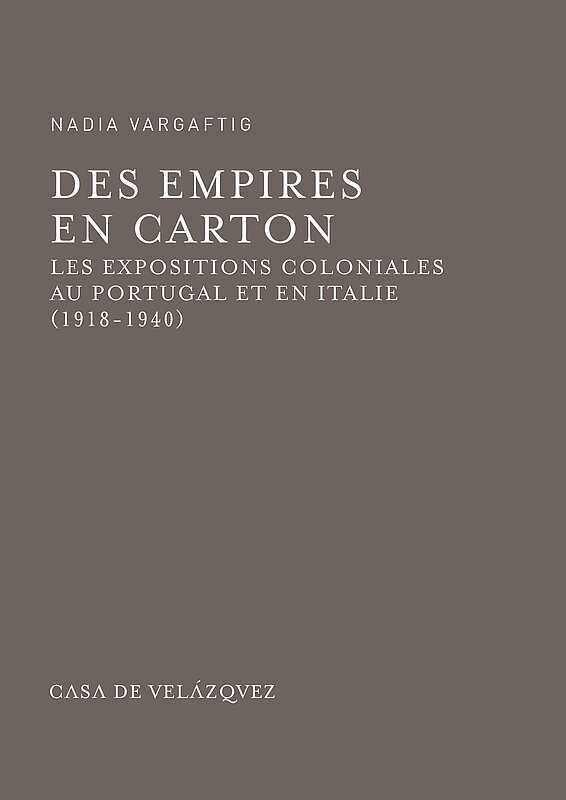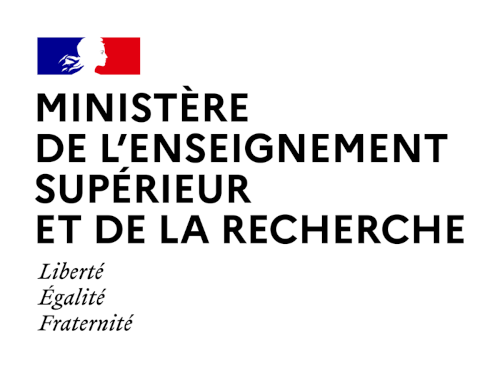Le Portugal et l'Italie, pays vainqueurs de la première guerre mondiale, sortent du conflit avec des projets d'expansion coloniale qui portent essentiellement sur le continent africain. Les réalités internationales et les rapports de force européens ont vite fait de reléguer ces projets au rang des illusions, contribuant à l'installation des régimes fasciste en Italie et salazariste au Portugal, et permettant à ceux-ci de prospérer sur le terreau des victoires mutilées et des nationalismes frustrés.
À travers l'étude des expositions nationales, des participations aux expositions internationales et des foires coloniales de l'entre-deux-guerres, cet ouvrage interroge les modalités de production et de réception d'un phénomène ancré dans le XIXe siècle occidental. Il prétend ainsi approfondir les connaissances dans le domaine de l'histoire de la colonisation en réévaluant la place du Portugal et de l'Italie parmi les Empires européens, tout en élargissant l'horizon des exhibition studies, longtemps centrées sur le Nord de l'Europe et des Amériques.
La presse en parle
European History Quarterly
Vol. 48(2), 2018
In 1940, two colonial exhibitions (the first Mostra triennale delle terre italiane d’oltremare, in Naples, and the Exposição do Mundo Português, in Lisbon) aimed at showing the world the brightness of the Italian and Portuguese empires. Tracing the origins of these events throughout the interwar period, Nadia Vargaftig analyses an astonishing amount of archival material in Italy and Portugal, and combines national narratives that had rarely dialogued. The result is a successful instance of comparative history that speaks to readers interested in exhibitions, dictatorship and empire.
Gaël Sánchez Cano
Análise Social
223, LII (2.º), 2017
Vargaftig offers a meticulously researched and masterfully written investigation of the complex entanglements of colonialism and visual politics in the European landscape during the interwar period. Ambitious in its scope and elegant in its execution, Vargaftig’s Des empires en carton (“Cardboard Empires”) explores the practices and politics behind colonial exhibitions —in their many forms and under the many titles that they take shape in the various languages in and among which Vargaftig works, as she notes— in Italy and Portugal between the years 1918 and 1940 (12). Written in Vargaftig’s native French, drawing upon primary documents and critical sources in Portuguese, Italian, and English, and published finally in Spain by the Casa de Velázquez, her project is no minor feat, and indeed participates in a dynamic international and cross-cultural discourse in the current fields of art history and exhibition studies.
Remington L. Stuck
READ THE COMPLETE REVIEW




















